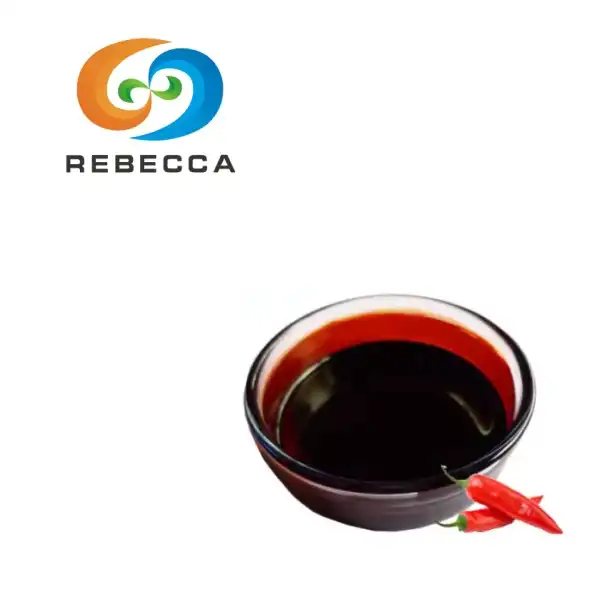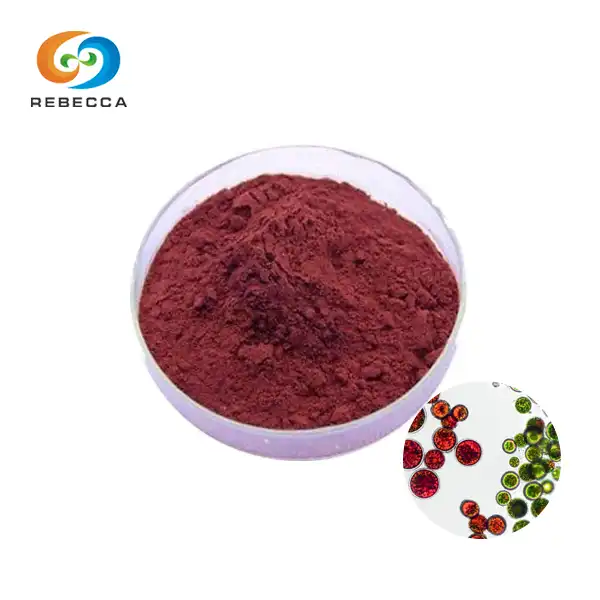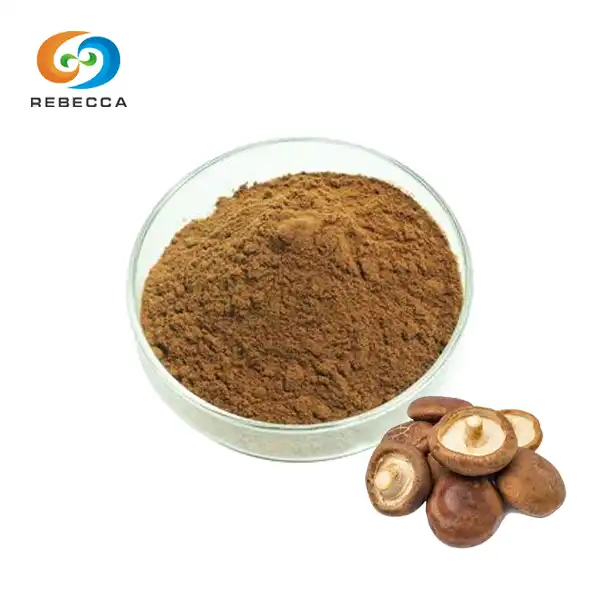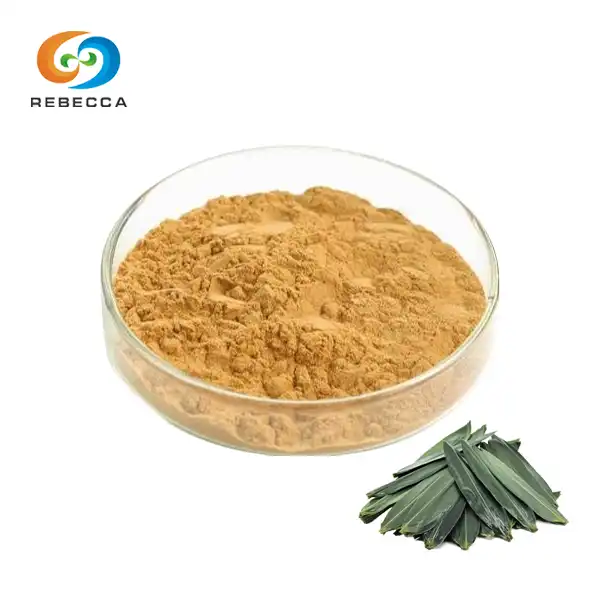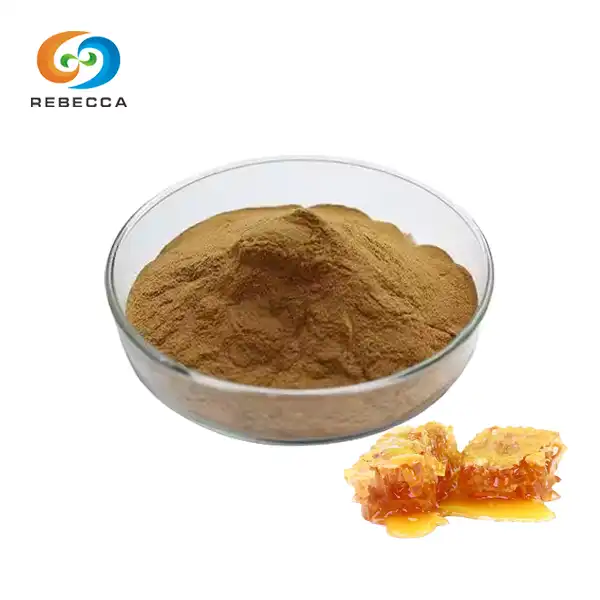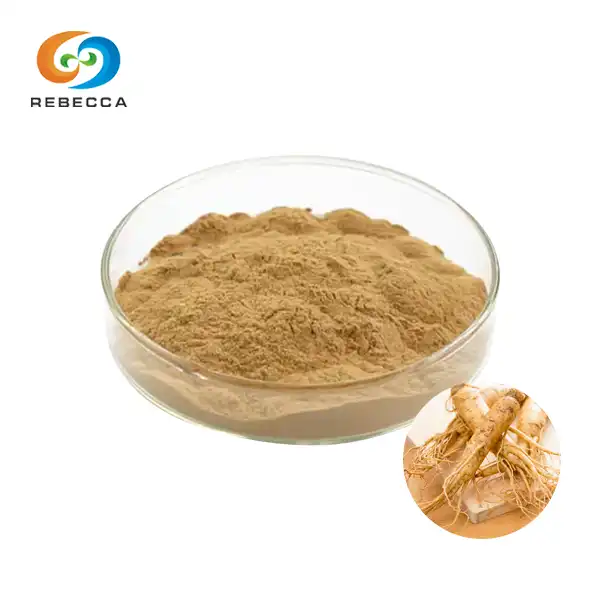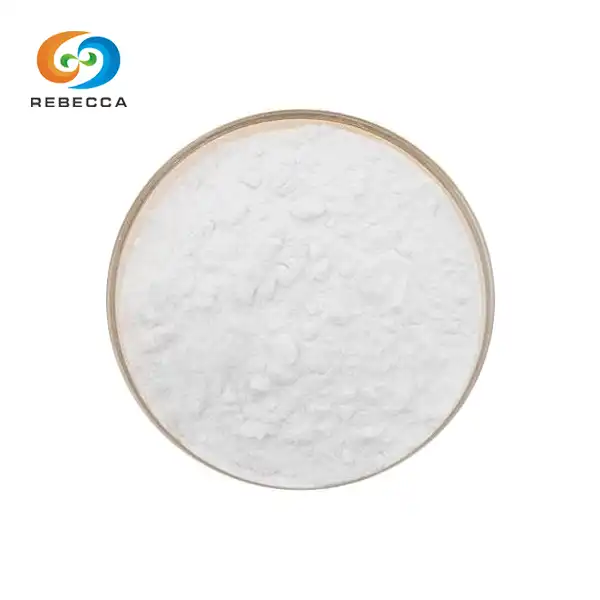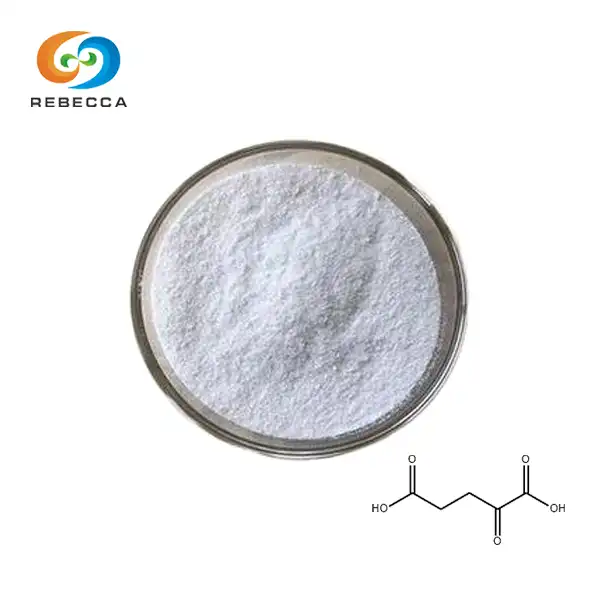Is ectoin an active ingredient?
What Makes Ectoine An Active Ingredient?
Ectoine(ectoin, CAS 96702-03-3), a naturally occurring molecule found in extremophilic microorganisms, has gained significant attention in the skincare and eye care industries due to its remarkable properties. But what exactly qualifies it as an active ingredient? To understand this, we need to delve into its unique molecular structure and biological functions.
Ectoin, CAS 96702-03-3, is a cyclic amino acid derivative that acts as a compatible solute, helping organisms survive in extreme environments such as high salinity or intense UV radiation. This protective function translates well to human skin and eye care applications, making it a valuable active ingredient.

At a cellular level, it works by stabilizing proteins and cell membranes. It forms a hydration shell around these structures, preventing denaturation and maintaining their proper function even under stressful conditions. This hydration-enhancing property is particularly beneficial for skin and eye tissues, which require constant moisture to remain healthy and functional.
Furthermore, it has been shown to have anti-inflammatory properties, reducing the production of pro-inflammatory cytokines in skin cells exposed to UV radiation or other environmental stressors. This makes it an effective ingredient for soothing irritated skin and protecting against various forms of cellular damage.
Research has also demonstrated its ability to protect skin cells from pollution-induced stress and DNA damage. By scavenging reactive oxygen species and reinforcing the skin's natural barrier function, ectoin helps maintain skin health in challenging urban environments.
In Which Products Is Ectoine Used As An Active Ingredient?
Its versatile protective and hydrating properties have led to its inclusion in a wide range of skincare and eye care products. Here are some common product types where you might find ectoin powder as an active ingredient:
1. Eye drops: it is frequently used in artificial tears and eye drops designed to relieve dry eye symptoms. Its ability to retain moisture and protect the delicate eye surface makes it an excellent choice for maintaining ocular health.
2. Moisturizers and face creams: Many facial moisturizers incorporate ectoine to boost hydration and protect the skin from environmental stressors. These products often target dry, sensitive, or mature skin types that benefit from their protective properties.
3. Sunscreens: While not a UV filter itself, it is sometimes added to sunscreens to enhance their protective effects. It helps shield the skin from UV-induced damage and supports the skin's natural defense mechanisms.

4. Anti-aging products: its ability to protect against cellular damage and maintain proper protein function makes it a popular ingredient in anti-aging serums and creams.
5. Nasal sprays: Some nasal sprays use ectoin to help soothe and protect the nasal mucosa, particularly for individuals with allergies or those exposed to dry or polluted air.
6. After-sun products: its soothing and repairing properties make it useful in after-sun lotions and gels, helping to calm sun-exposed skin and support its recovery.
When shopping for products containing ectoin, it's essential to check the ingredient list, as the concentration and combination with other active ingredients can vary significantly between different formulations.
How Does Ectoine Compare To Other Active Ingredients?
To understand ectoine's place in the world of skincare and eye care, it's helpful to compare it to other popular active ingredients. While each ingredient has its unique benefits, ectoin stands out in several ways:
Ectoine vs. Hyaluronic Acid: Both are excellent humectants, capable of attracting and retaining moisture. However, ectoin has the added benefit of protecting cells from environmental stressors, while hyaluronic acid primarily focuses on hydration. ectoin may be more suitable for those exposed to harsh environmental conditions or with sensitive skin.
Ectoine vs. Glycerin: Glycerin is another common humectant in skincare. While both ingredients hydrate the skin, ectoin, CAS 96702-03-3 offers additional protective benefits against UV radiation and pollution. ectoin may be preferred in products designed for outdoor use or in urban environments.

Ectoine vs. Peptides: Peptides are known for their anti-aging properties, often targeting specific skin concerns like wrinkles or firmness. ectoin, CAS 96702-03-3, while also beneficial for aging skin, works more broadly by protecting cellular structures and maintaining overall skin health. They can be complementary ingredients in anti-aging formulations.
Ectoine vs. Antioxidants (e.g., Vitamin C, E): While antioxidants directly neutralize free radicals, ectoin, CAS 96702-03-3 works by stabilizing cellular structures and enhancing the skin's natural defense mechanisms. Ectoine can be particularly beneficial when combined with antioxidants for comprehensive skin protection.
Ectoine vs. Niacinamide: Both ingredients have anti-inflammatory properties and can help strengthen the skin barrier. However, ectoin, CAS 96702-03-3 excels in environmental protection, while niacinamide is known for its versatility in addressing multiple skin concerns like pore size and uneven skin tone.
Can Ectoine Protect The Skin From Environmental Stressors?
One of its most remarkable features is its ability to protect the skin from various environmental stressors. This protective capacity is a key reason why ectoine powder has become increasingly popular in skincare formulations, especially those designed for use in urban or harsh environments.
UV Protection: While not a sunscreen itself, ectoin, CAS 96702-03-3 has been shown to enhance the skin's natural defense against UV-induced damage. It helps protect cellular DNA from UV radiation and reduces the formation of sunburn cells. This makes ectoine a valuable addition to sun care products, working alongside traditional UV filters to provide comprehensive protection.
Pollution Defense: In today's urban environments, protection against pollution is a growing concern. it has demonstrated the ability to shield skin cells from the harmful effects of air pollution particles. It helps prevent the adhesion of particulate matter to the skin and reduces the oxidative stress caused by pollution exposure. This makes it particularly beneficial in anti-pollution skincare products.
Temperature Extremes: its role as a compatible solute in extremophilic organisms translates to benefits for human skin exposed to temperature extremes. It helps maintain proper cellular function and hydration in both hot and cold conditions, making it useful in products designed for outdoor activities or extreme climates.

Dehydration Protection: its extraordinary water-binding properties help maintain skin hydration even in low-humidity environments. This is particularly beneficial for those living in dry climates or spending time in air-conditioned spaces, which can lead to skin dehydration.
Blue Light Defense: Emerging research suggests that ectoine may also offer protection against the harmful effects of blue light emitted by electronic devices. While more studies are needed, this potential benefit makes it an interesting ingredient for modern skincare formulations targeting digital-age skin concerns.
By offering multi-faceted protection against these environmental stressors, ectoin, CAS 96702-03-3 helps maintain skin health and appearance in challenging conditions. Its ability to work at a cellular level, supporting the skin's natural protective mechanisms, makes it a valuable active ingredient for those seeking comprehensive skin defense.
Where To Buy Ectoine?
For those interested in incorporating ectoine into their skincare or product formulations, finding a reliable source is crucial. Rebecca Bio-Tech Factory is a direct supplier of high-quality, pure ectoin, CAS 96702-03-3. They offer ectoine powder with a purity of 99%, ensuring that you're getting a top-grade ingredient for your needs.
Whether you're a skincare enthusiast looking to create your formulations or a business seeking to incorporate ectoine into your product line, Rebecca Bio-Tech Factory can provide the product you need. Their high-purity ectoine is suitable for a wide range of applications, from cosmetics to pharmaceutical uses.
To learn more about their ectoine offerings or to place an order, you can contact Rebecca Bio-Tech Factory directly at information@sxrebecca.com. Their team can provide detailed information about their ectoin, CAS 96702-03-3 products, including specifications, pricing, and shipping options.

References
1. Botta, C., Di Giorgio, C., Sabatier, A. S., & De Méo, M. (2008). Genotoxicity of visible light (400–800 nm) and photoprotection assessment of ectoin, L-ergothioneine and mannitol and four sunscreens. Journal of Photochemistry and Photobiology B: Biology, 91(1), 24-34.
2. Buenger, J., & Driller, H. (2004). Ectoin: an effective natural substance to prevent UVA-induced premature photoaging. Skin Pharmacology and Physiology, 17(5), 232-237.
3. Graf, R., Anzali, S., Buenger, J., Pfluecker, F., & Driller, H. (2008). The multifunctional role of ectoine as a natural cell protectant. Clinics in Dermatology, 26(4), 326-333.
4. Heinrich, U., Garbe, B., & Tronnier, H. (2007). In vivo assessment of Ectoin: a randomized, vehicle-controlled clinical trial. Skin Pharmacology and Physiology, 20(4), 211-218.
5. Kuhlmann, A. U., Bremer, E., & Galinski, E. A. (2011). Handbook of Stress: Causes, Effects and Control. Nova Science Publishers, Inc.
6. Marini, A., Reinelt, K., Krutmann, J., & Bilstein, A. (2014). Ectoine-containing cream in the treatment of mild to moderate atopic dermatitis: a randomised, comparator-controlled, intra-individual double-blind, multi-center trial. Skin Pharmacology and Physiology, 27(2), 57-65.
